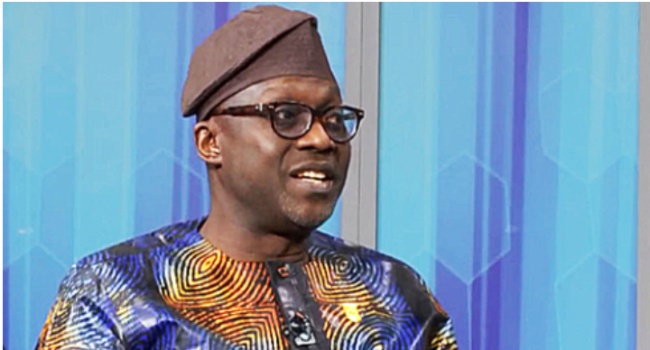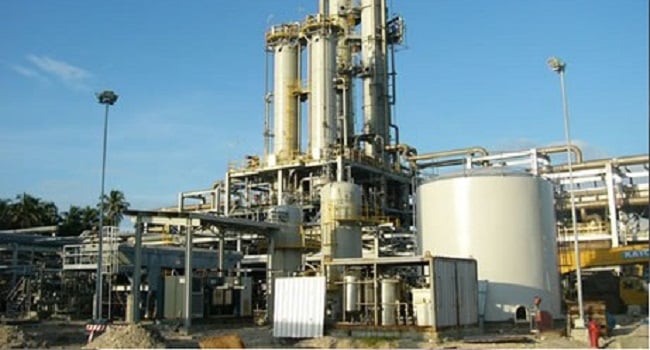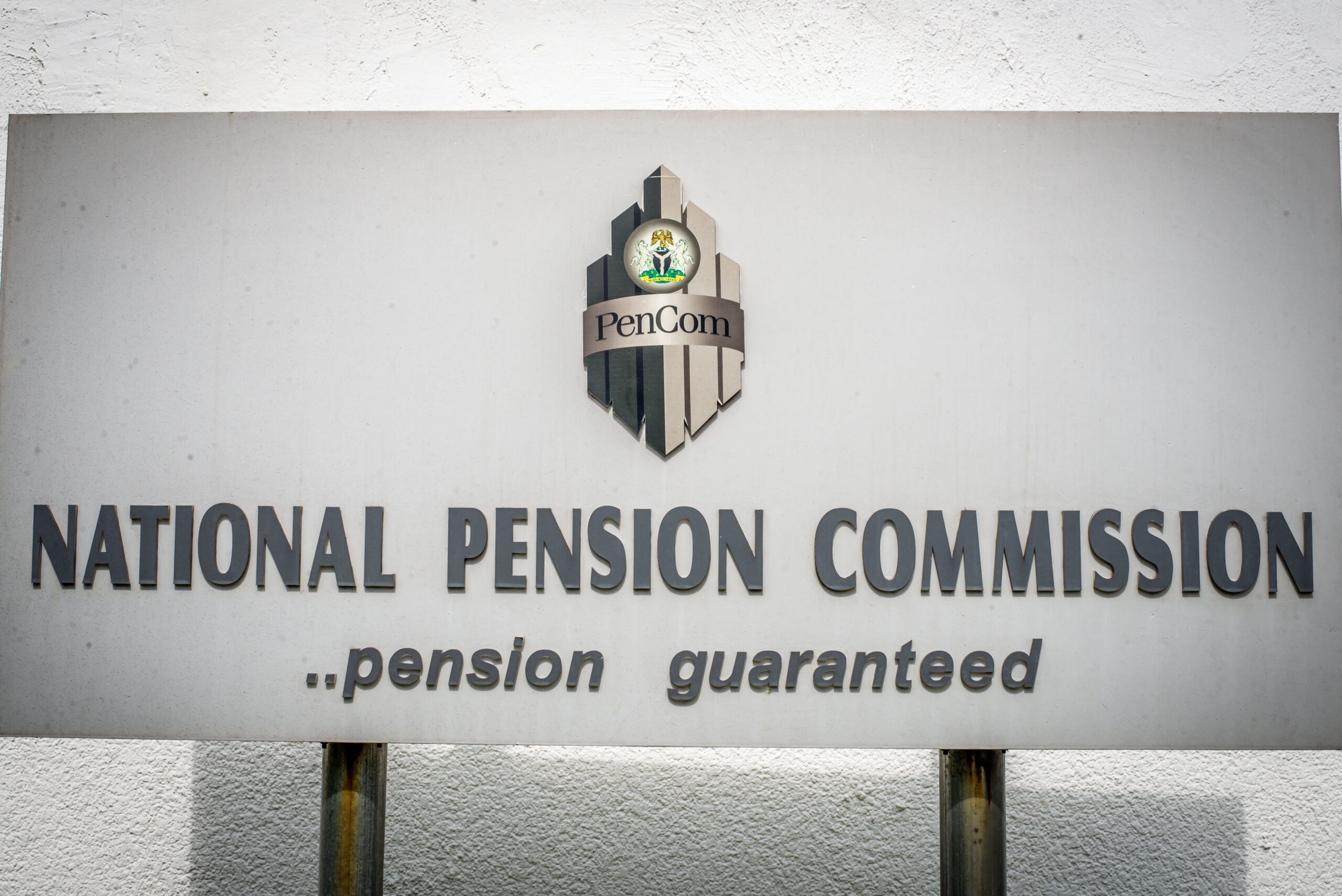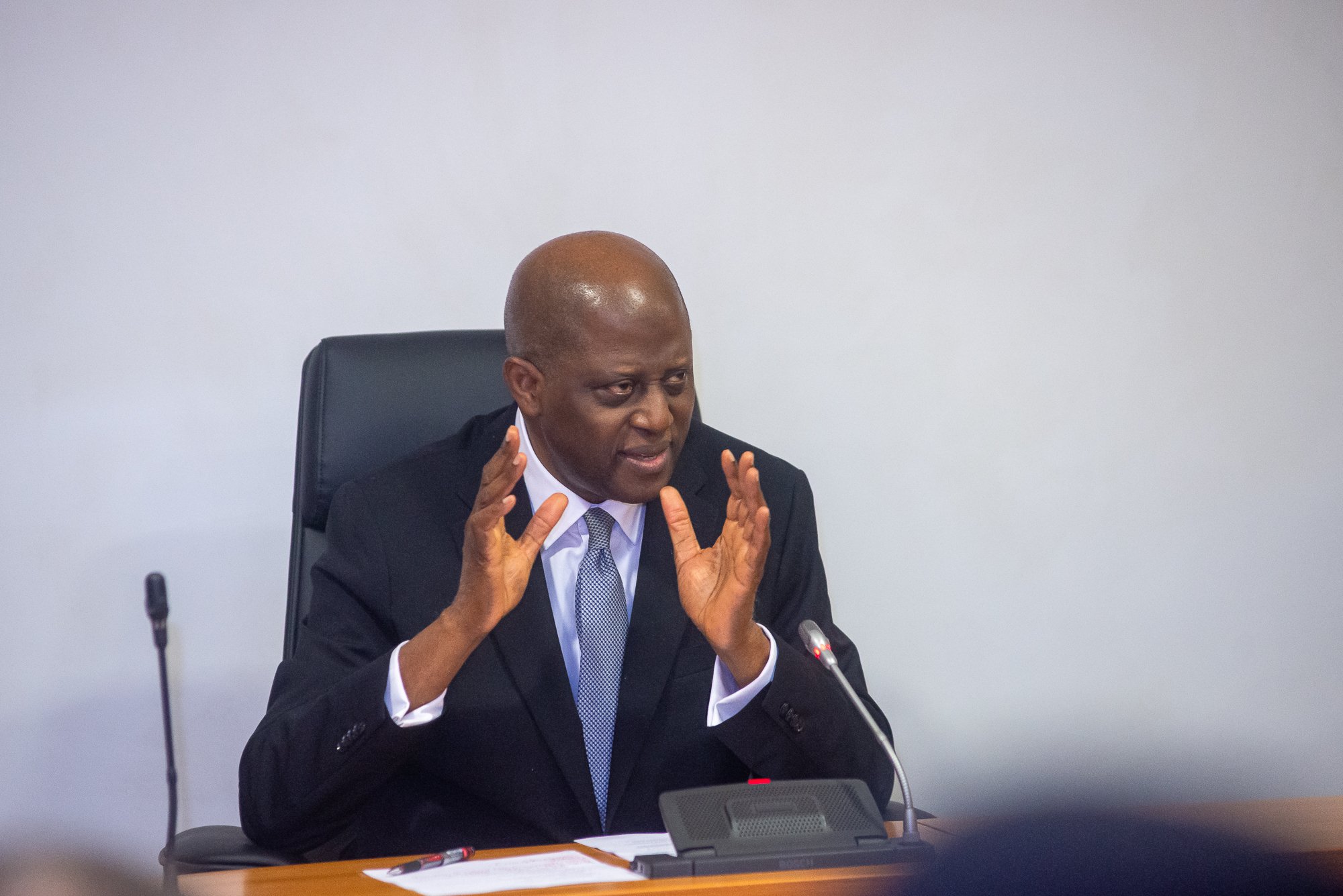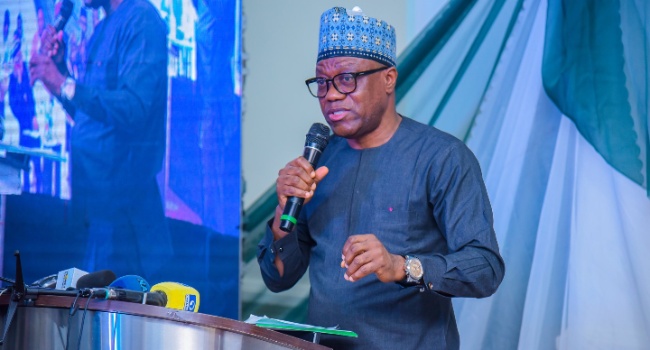Segun Ajayi-Kadir, director general (DG) of the Manufacturers Association of Nigeria (MAN), says the lending rate increased by the monetary policy committee (MPC) will make Nigeria’s goods less competitive.
Ajayi-Kadir, in a report by NAN on Thursday, said the additional credit tightening and higher loan costs would increase production expenses, restrict access to funds, and reduce investment and competitiveness in the manufacturing sector.
On May 21, the MPC of the Central Bank of Nigeria (CBN) raised the monetary policy rate (MPR) from 24.75 percent to 26.25 percent.
MPR is the benchmark banks use to set interest rates.
Advertisement
Also, the MPC left the liquidity ratio (LR) unchanged at 30 percent, retained the cash reserve ratio (CRR) at 45 percent for deposit money banks (DMBs) and 14 percent for merchant bank.
The asymmetric corridor was retained at +100/-300 basis points around the 100 basis points and -300 basis points around the monetary policy rate (MPR).
Ajayi-Kadir said it is evident the MPC prioritises the financial sector over the real sector, rather than seeking a balanced approach between them.
Advertisement
He said the current MPR would restrict investment and growth, limiting manufacturers’ ability to adopt innovative technologies, expand production capacities, or explore new markets.
According to Ajayi-Kadir, this might result in delays or cancellations of planned projects, ultimately limiting the sector’s growth potential and its overall contribution to economic growth and development.
“The combination of heightened borrowing costs and reduced liquidity will hinder manufacturers’ ability to invest in innovative technologies, expand production capacities, or venture into new markets,” the DG said.
“As a result, this could lead to delays or cancellations of planned initiatives, ultimately constraining the sector’s potential for growth and its overall contribution to economic growth and development.
Advertisement
“The decision by the MPC will further compound the already high cost of doing business, consequently diminishing the competitiveness of Nigerian products in the global market.
“The high lending rate exceeding 30 per cent will increase the cost of borrowing and make Nigeria’s goods less competitive to products from other nation.”
Ajayi-Kadir cited data from the World Trade Organisation (WTO) showing a significant disparity in manufacturing export values among Nigeria, South Africa, Egypt, and Morocco in 2022.
He said in 2022, South Africa, Morocco, and Egypt had manufacturing export values of $45.38 billion, $30.61 billion, and $20.14 billion respectively, whereas Nigeria’s export value was a modest $3.21 billion.
Advertisement
“Moreover, the capacity utilisation of the manufacturing sector reduced from 56.4 percent recorded in 2022 to 55.1 percent in 2023,” he said.
“Also, the growth of the sector reduced to 1.40 percent in 2023 from 3.35 percent and 2.45 percent recorded in 2021 and 2022 respectively.
Advertisement
“Such a glaring divergence underscores the significant disparity in the competitiveness of Nigeria.”
‘COLLABORATION WITH FISCAL AUTHORITIES NECESSARY’
Advertisement
Ajayi-Kadir acknowledged the MPC’s efforts to address the country’s economic challenges, including inflation and exchange rate fluctuations and urged the committee to consider the effects on the real sector and the broader economic impact on the nation.
He said collaboration with fiscal authorities is crucial to strengthening the sector’s traditional role in generating significant employment, increasing productivity, ensuring steady foreign exchange earnings, and promoting sustained economic growth.
Advertisement
The DG said the strategy of raising the MPR had been employed for nearly two years without achieving positive results, adding that the CBN needs to explore alternative measures to address the root causes of inflation, particularly cost-push factors.
Add a comment
